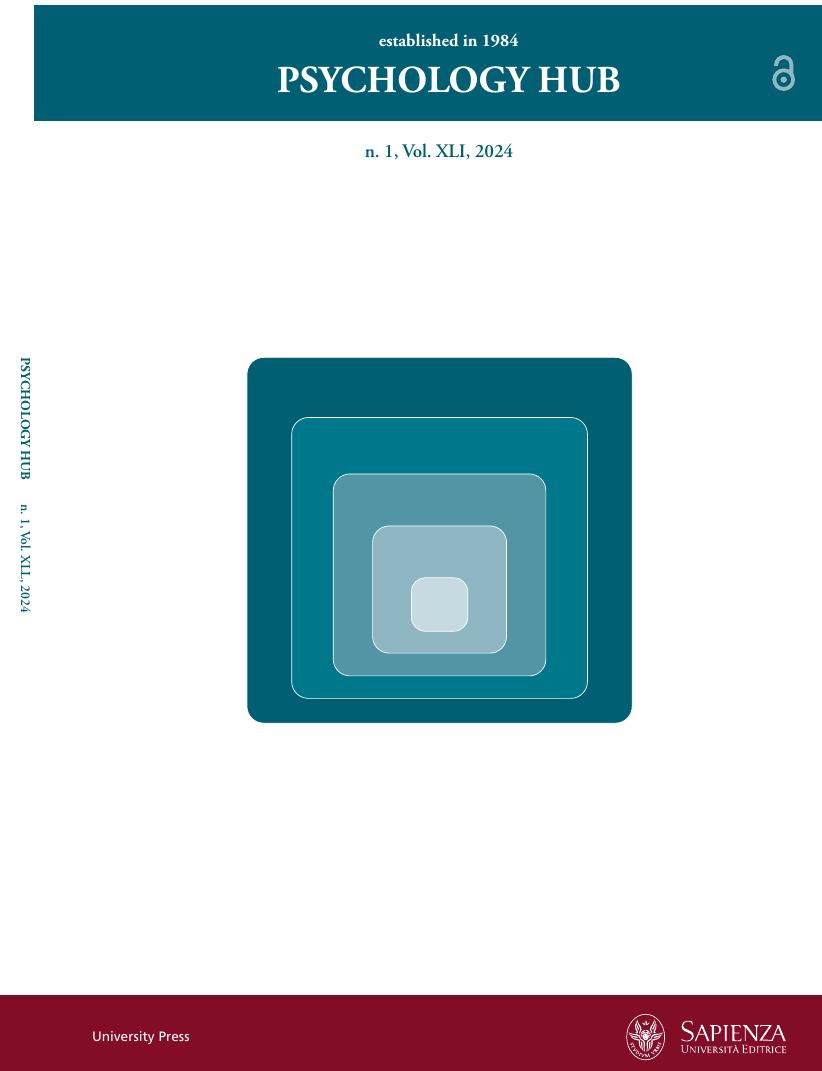Collective and Family Silence and Concealment of the Shoah and Argentinean dictatorship: Two Case reports
DOI:
https://doi.org/10.13133/2724-2943/18243Keywords:
narratives, trauma processing, Shoah, Argentinean dictatorship, attachment experiencesAbstract
In the collective and individual healing of traumatic events, narratives contribute to recovering, processing, and integrating fragmented memories, and to improve awareness and regulation of the related emotions. This study aimed at analysing the attachment narratives of both a child of a Desaparecida and a child of a Birkenau survivor, exploring what is and is not said by parents about their traumatic experiences. Methods: The Adult Attachment interview was administered and analysed. Results. In both families, the traumatic experiences were not fully narrated during childhood, but two different emotional patterns have been found: one includes unexpressed emotions about traumatic experiences, protection, and acceptance of their and others’ vulnerabilities, and the other is characterized by emotional dysregulation and lack of empathic communication. The first pattern corresponds to the full expression of feelings in the child’s narrative, the other to the child’s emotional distance and laughter to the pain.
Additional Files
Published
How to Cite
Issue
Section
License
Copyright (c) 2024 Psychology Hub

This work is licensed under a Creative Commons Attribution-NonCommercial-ShareAlike 4.0 International License.





